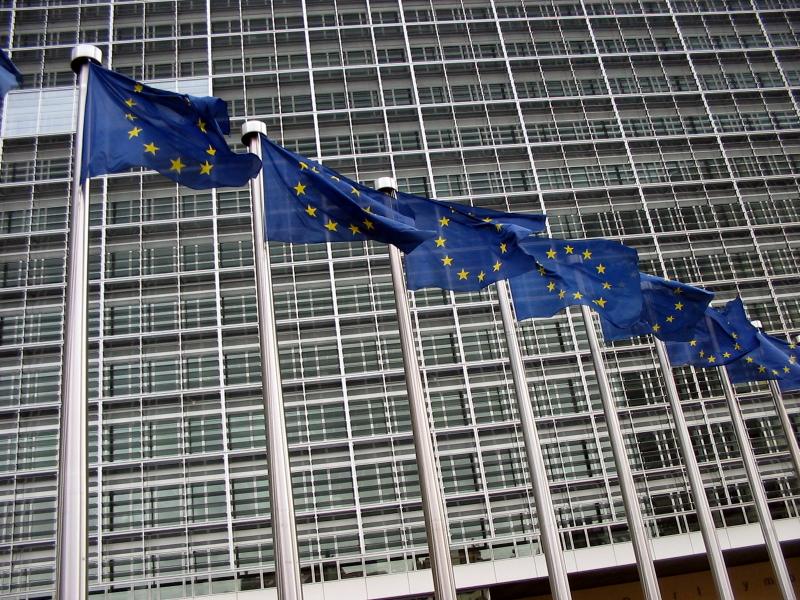
The European Union has closed the door on digital services tax until 2020 in a win for American tech companies and global tax competition. At an EU finance minister conference in Brussels, German finance minister Olaf Scholz said the European Commission should revise its plan for a 3 percent EU digital service tax on American tech companies like Google, Facebook, and others and insisted that the new tax should only be implemented if there is no global solution on an OECD level by the summer of 2020.
The French government later joined him also supporting this action. It elevates the process as now not only the 28 EU member states have to agree on one proposal, but 36 OECD member states which will likely not be less complicated. More importantly, it gives an opportunity to the United States to participate in negotiating an issue that mainly affects U.S. companies and reduces the risk of transatlantic tensions.
With this definite statement finance minister Olaf Scholz concluded the process of the EU member states desperately trying to agree on what a European digital services tax should look like. The previously scheduled meeting in Brussels in December was the last chance to come to a unanimous agreement under the current Austrian EU council presidency but came under extreme pressure by opposition from member states led by the Nordic countries, Ireland, Malta and Greece. France and Germany are now aiming for an “ambitious political declaration” in December to explain their plans further.
Scholz also said that a revised proposal should limit the scope of the tax urging to exclude the sale of data and the internet of things. These two sectors could specifically result in the taxation of German carmakers.
The new proposal almost copies the UK government’s recently announced approach to move ahead with a 2 percent digital services tax in 2020 if there is no OECD solution.

